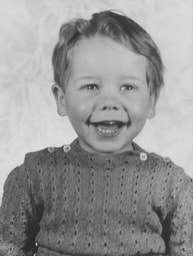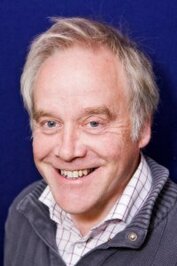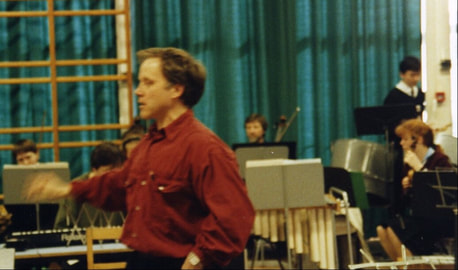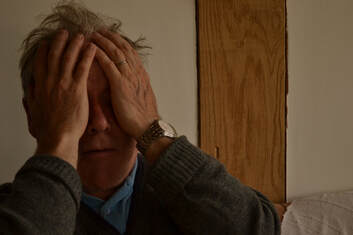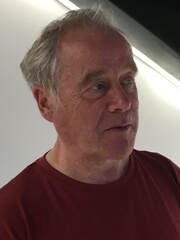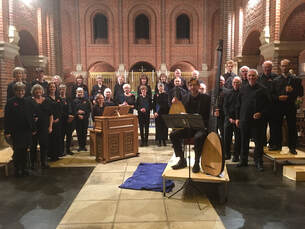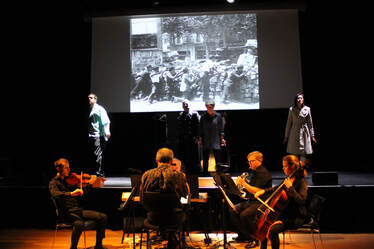|
Edward Lambert (b. 1951 in Twickenham) has composed music for a wide variety of performers and has also conducted choral and orchestral works and accompanied singers and instrumentalists. From a modest background, he was educated at Christ’s Hospital and studied at Oxford and the Royal College of Music under John Lambert.
|
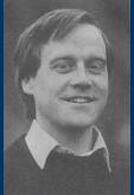
A pupil also of Paul Hamburger and an alumnus of the London Opera Centre, he went on to work for several opera companies here and abroad. For several years he was on the music staff of the Royal Opera House, where he worked alongside many of the greatest singers and conductors of recent times. As a chorus master and coach he also worked in Schleswig-Holstein, Dublin, Wexford, Amsterdam, Florence, and Aix-en-Provence. At the Royal Opera House he also helped to develop an innovative outreach programme in which schools and communities across the country created their own operas: The Treasure and a Tale was created with 6 schools in Suffolk, Ancient Egypt in conjunction with Channel 4 in Greenford and Wandsworth, The Dream that hath no Bottom in Hampshire among many smaller projects. He was commissioned to write the teenagers' opera The Button Moulder followed by All In The Mind for W11 Opera at the Britten Theatre in 2005.
|
|
Meanwhile, his compositions had been heard at many venues in this country. Having attended the Gulbenkian Choreographers’ & Composers' Course, some early works were written for dance groups including those of Scottish Ballet and Jonathan Burrows. In the 1980s, the Chamber Concerto was performed by Lontano at the Bath Festival and his Mass for Four Voices at the Huddersfield Festival and on Radio 3. His first chamber opera, Caedmon, to a libretto by Christopher Fry, was performed by the Royal Opera at the Donmar Warehouse in 1989. Chamber works include 3 String Quartets, the Piano Quartet Emplay, which won the Humphrey Searle Memorial Competition, works featuring the harp, and the piano duo Aspects of Work, which was performed by the Jacobson-Brown Duo at Manchester Art Gallery in 2016 in front of the painting which inspired it.
|
|
Recently, he has composed a series of small-scale operas which have been produced by the company he founded, The Music Troupe, beginning with six characters in search of a stage (mini-tour 2014) and including eight contrasting works performed in the internationally renowned Tête-à-Tête Festival of new opera in London: The Catfish Conundrum (2014), Opera With A Title, The Art of Venus, The Cloak and Dagger Affair and Apollo’s Mission (2019). Last Party on Earth has also been made into a film. Together with The Butterfly’s Spell, In Five Years' Time, The Parting and Buster's Trip, six works have been adaptations of dramas by Lorca. The Duchess of Padua is from a Gothic play by Oscar Wilde, Swellfellow the Tyrant (Shelley) celebrates the overthrow of a corrupt regime, as does Masque of Vengeance, a setting of the Jacobean drama The Revenger's Tragedy.
|
|
He conducted Newbury Chamber Choir (2002-2020) with which he explored territory into which few groups dare to venture: he re-created Cavalieri’s Drama of Body and Soul, The Play of Daniel, Purcell’s King Arthur, The Visit to the Sepulchre and the Florentine Wedding of 1539. He devoted concerts to the works of Cima and Biber with period instruments and included discoveries ranging from Dunstable and Jean Gilles through to Julian Edwards (an Englishman who conquered Broadway) and Florence Maunders. For the choir he also composed his Te Deum, Rossetti Requiem and The Inarticulate Burr.
|
He was instrumental in giving life to three daughters and is based in London and Wiltshire where, over many years, he restored a gamekeeper’s cottage adopting the principles of ‘building biology’.
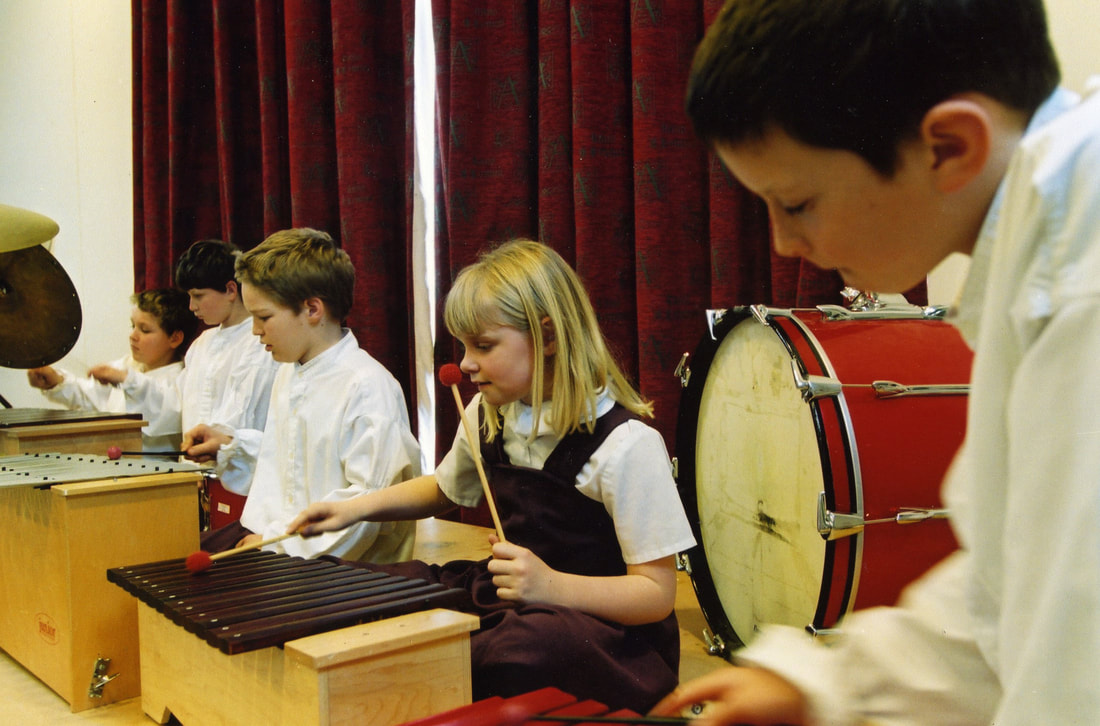 Pupils at Vernham Dean Primary School prepare for performances of The Dream That Hath No Bottom in 2001
Pupils at Vernham Dean Primary School prepare for performances of The Dream That Hath No Bottom in 2001
Outreach
For the best part of 20 years I travelled to schools and communities up and down the country leading music workshops for all ages and abilities. Over time, these visits grew into 'Write your own opera' projects developed with a team at the Royal Opera House. Highlights included:
- 1987 & 1988 education projects in Bromley
- 1989 schools project for National Trust at Claydon House in Buckinghamshire
- 1989-1990 The Button Moulder composed for Prince William School, Oundle
- 1991 -1992 school opera project for British Museum in Suffolk - The Treasure and a Tale performed at Snape Maltings
- 1994 opera project on Egypt in Wandsworth & Greenford; performed at Bloomsbury Theatre: featured in Channel 4's education series Eureka!
- 1996 - 98 school projects in Basingstoke; project for Andover Museum on the Victorian workhouse performed in Cricklade Theatre: The Paupers' Revenge
- 1999 Christmas project for Smannell School: The News From The World
- 2000 Arts for Everyone project in Andover: The Triumph of Lugh
- 2001 Millennium Festuval Awards for All project in Andover: The Dream That Hath No Bottom given three performances in Vernham Dean and Cricklade Theatre
Whereas projects based on famous works would typically culminate in the participants attending a performance of the 'real thing', I wanted children to be centre-stage with real ownership of their creations. Rather than talk about ideas which they might find hard to relate to (although interesting in themselves), I wanted children to show me what they could do. I learned from them, rather than teaching them what I knew. So I devised a process from first principles and built music up from the most fragmentary ideas - for example, numerical patterns which became melodies, instruments or structure. Chords were usually absent and instead there were drones, counter-melodies and percussive accompaniments. Without pre-conceptions, I found young children could relate to all the elements of the composition which are created in this way - with interesting and sometimes complex results which were described on one occasion as 'medieval rock'. When professionals were involved in these projects it was to perform challenges alongside the children. The avoidance of clichés in the musical style (however simple) meant that the music was often quite original, and the same went for the text written in a corresponding method.
I was invited to participate in the Metropolitan Opera's outreach programme as well as working frequently for the Royal Opera's Education Department.
Some of these workshops blossomed into large-scale projects in which young people created their own 'operas'. Most integrated with the curriculum and infiltrated many subject areas besides music. The students had a large hand in composing, research, story-writing, set and costume design - and, of course, acting, singing and playing. This pioneering work with the Royal Opera Education Department led to a series of simple operas suitable for schools, amateurs and communities. EL
